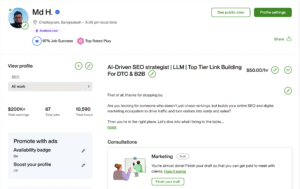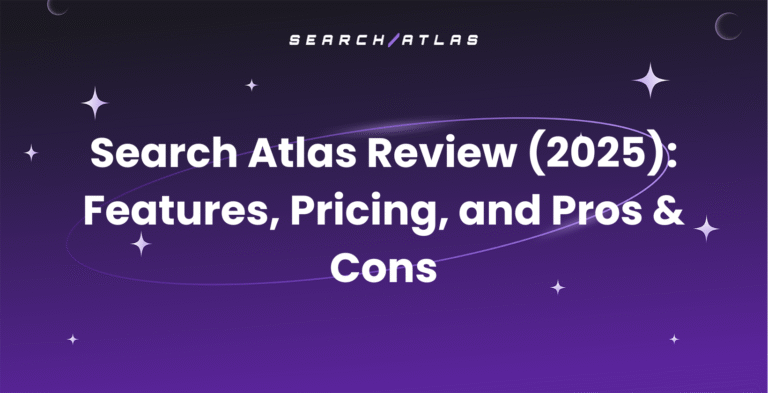Freelancing platforms have exploded over the past decade, giving professionals around the world the chance to connect with clients, showcase their skills, and build sustainable careers. Two of the most recognized names in this space are Upwork and Fiverr. While both platforms offer opportunities, I’ve chosen to focus my energy on Upwork — and for good reason.
The Difference in How Work Is Structured
One of the biggest contrasts between the two platforms is how projects are set up. Fiverr is built on a “gig” model where freelancers list predefined services at fixed prices. Clients scroll through these gigs and make quick purchases. It’s straightforward, but often feels transactional.
Upwork, on the other hand, allows me to bid on projects, write proposals, and customize offers for each client’s unique needs. Instead of being locked into preset packages, I can discuss scope, negotiate rates, and tailor my approach. For me, that flexibility creates stronger working relationships and leads to projects that are better aligned with my expertise.
Building Long-Term Relationships
On Fiverr, many clients are looking for one-off tasks. They want something quick, inexpensive, and fast — which works well for certain jobs, but not when you’re aiming to build ongoing collaborations. Upwork encourages longer-term contracts, milestone payments, and recurring work.
I’ve found that clients on Upwork are often businesses or agencies looking for steady support. That’s where I thrive — not just delivering a single service, but becoming a trusted part of their growth over time. The platform itself is designed to nurture that kind of relationship, from built-in contracts to time tracking for hourly work.
Professionalism and Project Scale
While Fiverr is great for microservices, Upwork tends to attract projects that are larger in scope and budget. The platform gives me access to clients who understand the value of professional expertise and are willing to invest in it. Instead of racing to the bottom on pricing, I can focus on the quality of my work and the results I deliver.
This isn’t to say Fiverr doesn’t have serious buyers — it does. But the overall environment on Upwork feels more aligned with professional freelancing. I get to pitch myself not just as a seller of services, but as a partner who can help clients achieve measurable outcomes.
Control Over My Freelancing Journey
Another reason I prefer Upwork is the control it gives me. I decide which projects I want to apply for, how I want to present my skills, and what rates I set. It’s not about hoping someone clicks on my gig; it’s about actively pursuing opportunities that match my strengths.
That sense of ownership makes freelancing feel more like running a business, not just waiting for orders to come in. I can specialize, refine my proposals, and continuously improve how I market myself on the platform.
Why Upwork Feels Like the Right Fit
At the end of the day, both Fiverr and Upwork have their place in the freelancing world. Fiverr is fantastic for quick, task-based services, while Upwork shines for building long-term professional careers. I chose Upwork because it matches how I want to work: creating tailored strategies, forming lasting client relationships, and focusing on quality over quantity.
Freelancing isn’t just about finding work — it’s about finding the right work. For me, Upwork provides that balance of opportunity, professionalism, and growth. That’s why it’s where I’ve decided to plant my flag and build my career.








